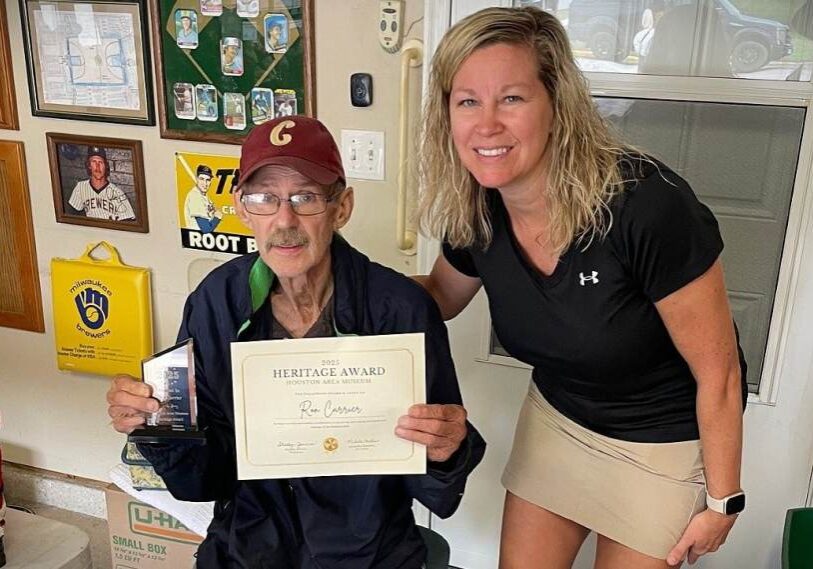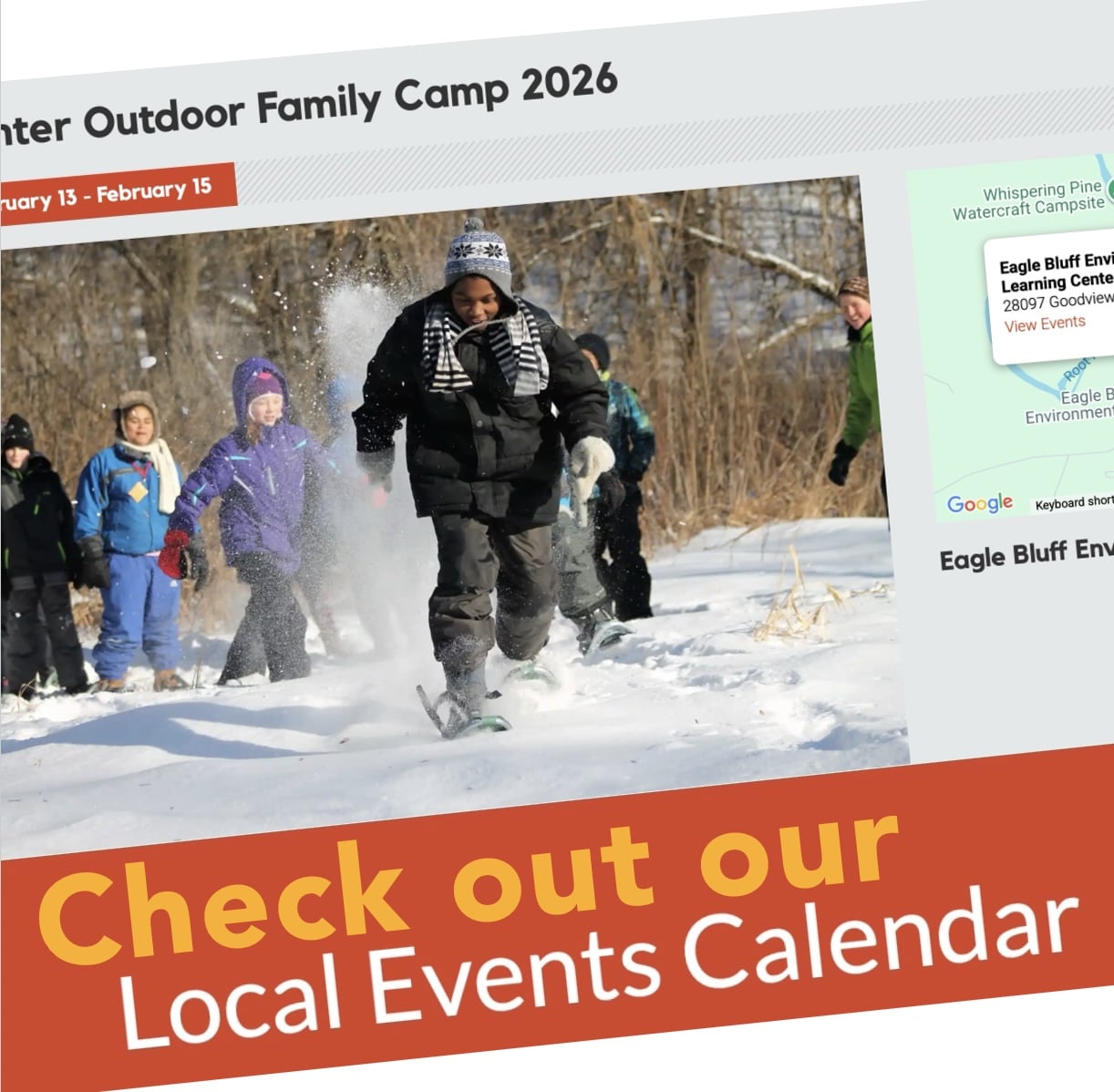Essay | Hungry for Conversation

What are the consequences of a junk food communication diet? I fear them because I’m at risk. Scores of texts and dozens of emails fill my electronic devices daily. The only phone calls on my landline (yes, I still have one of those dinosaurs) are spam or “begging” calls. I respond to all of them like a tennis player, batting yellow balls of words back over the net and hoping all of them stay in bounds. Is it any wonder I’m craving a real conversation?
Conversation is different from simple communication and it can’t really be had through most electronic devices. True conversation requires being face-to-face, making eye contact (not multi-tasking), listening intently, noting body language, voice intonation, and being completely engaged. It’s akin to building something together. It’s work and I fear, at least for me, it’s becoming a lost art.
Why make a call or meet someone in person when you can accomplish the communication task at hand so much more efficiently by sliding your fingers over a screen? Texts and emails are quick and easy. They are great for communicating information but they’re not conversation and they don’t do much to build connections or deepen relationships. I would say that texting is to conversation much like watching movies is to doing Improv Theater in terms of what’s required of us.
According to comedian, Tina Fey, in her book, Bossypants, there are a few rules that make improvisation work and I think they apply pretty well to conversations too: 1) AGREE – this involves “starting with a YES,” listening with an open mind, respecting what your partner has created and going from there; 2) Continue the yes with a YES, AND – you have a responsibility to contribute, to add something to what your partner has proposed; 3) MAKE STATEMENTS – improv is not an interview or an interrogation, it’s more a co-creation. Take responsibility and don’t place all the pressure on your partner to come up with the answers; 4) THERE ARE NO MISTAKES, ONLY OPPORTUNITIES. Compose without an eraser and don’t beat yourself up over some clinker comments you wish you hadn’t made. Sometimes these are the very things that end up being the most interesting.
I was sitting at the breakfast table the other day across from my husband. While he was reading the paper online, I was responding to a text from one of our sons. Although we were only an arm’s length apart, mentally we were miles away. I suddenly felt nostalgic for a time when the outer world didn’t intrude on us so immediately and completely before the second cup of coffee. I thought I’d try to open up a conversation.
Me: “I heard that your sister is going to Bora Bora for vacation.”
Him: “Mmm hmmm.” (The “yes,” but not the “yes and.” Try harder.)
Me: “I think they have grass-roofed cottages that sit on stilts above the water there and it’s great for snorkeling.” (Statement, trading information.)
Him: “It’s beautiful, I’m sure.” (He returns to his news article. In improv, that would be like a “no”, a closed door, negating the action instead of moving it forward.) I can’t fault my husband for missing my cue because I didn’t warn him I was shooting for a conversation and that there are rules we should both follow to make it work. Besides, he enjoys his mornings with the newspaper and I was interrupting.
Rules for Conversation
Some conversation rules that I could suggest to my husband (at a better time) are these:
- Share something of value with honesty in ways that seek connections. If I share an opinion, an experience, an interest, or trade information and then listen as you share in return, we’ll both feel enriched by one another.
- A good conversation doesn’t follow a straight line like a locomotive riding the rails. It branches out more like a tree, unpredictably, in response to the uniqueness of two or more human beings.
- A conversation works best if I attend to nonverbal cues. If I offend or step into uncomfortable territory I try to notice and apologize or at least redirect. Author Dorothy Nevel wrote: “The real art of conversation is not only to say the right thing at the right place but to leave unsaid the wrong thing at the tempting moment.”
- We should collaborate instead of compete. As soon as we work to impress or one-up our partner, true conversation ends.
- It’s a fact that most people don’t enjoy too many details or over-long stories. Let’s share anecdotes but leave each other wanting more rather than less.
- Finally, we shouldn’t assume that we fully understand the person we’re conversing with. Once we decide we know all about them we’re tempted to stop listening. So, let’s keep on expecting the unexpected and enjoy the surprises that we can still discover even though we’ve known each other for over 40 years.
Whew. When I consider all of this, I have my doubts. It sounds difficult. And there is something intoxicating about the trill of an incoming message on my cell phone. I am easily sucked in to cute YouTube videos that pop up in front of my face. I am drawn like an ambulance-chaser into news of this world’s constant disasters. All of these can take the place of conversation. And lack of conversation leads to a sense of isolation, for me, even as I get more “connected” through my devices. I think maybe it’s time for a low-tech diet. I’m hungry for some conversation.








